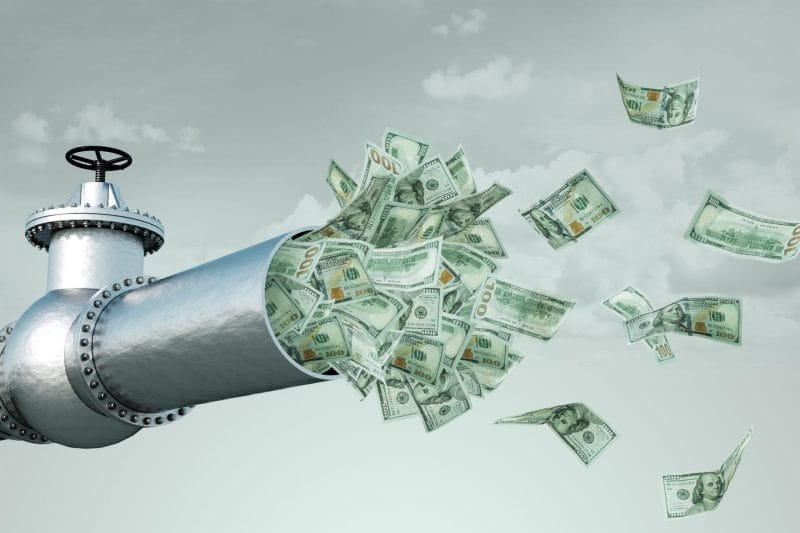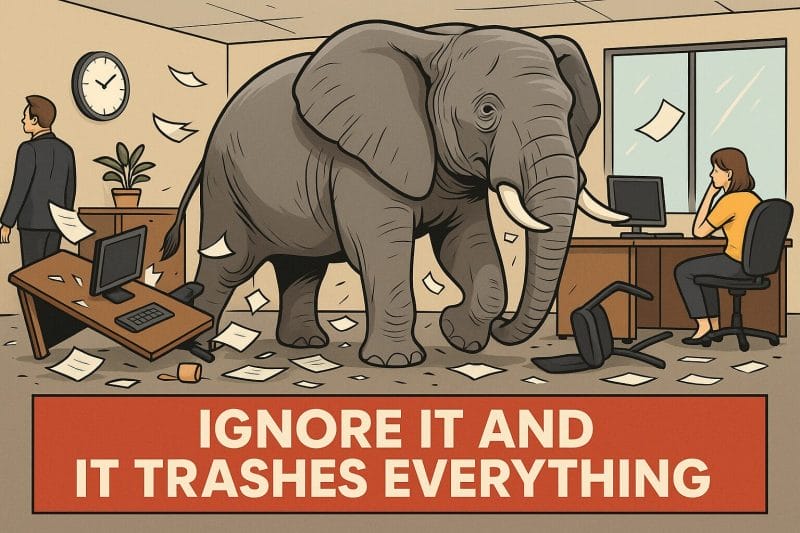“Risk comes from not knowing what you’re doing.” –Warren Buffett
What does it mean to be entrepreneurial?
A whole lot of answers can be attributed to that question, but there is really one true answer. Most definitions provided by academic sources associate being an entrepreneur with taking risks. The dictionary describes an entrepreneur as “a person who organizes and operates a business, taking on greater than normal financial risk.” That’s not entirely true. Yes, entrepreneurs take risks, but they are calculated ones. The other point that’s grossly overlooked is the risk in playing things safe.
When I decide to hold a five-city roadshow — an event that costs roughly $600,000 or more to market and host, not to mention hours of prep and management to pull off — I’m certainly taking a risk. The risk is that people won’t register, and even if they do register, what if they don’t show up, don’t buy, or aren’t happy with the content. There is also the risk that sponsors won’t invest, the risk that I’ll get sick or somehow be prevented from getting onstage, or the risk that something totally unforeseen and out of our control (COVID-19, anyone?) could prevent the event from happening or cause it to be a total failure. There’s the risk of doing an enormous amount of work without any profit to show for it.
But it’s not as high a risk for me as it would be for someone else because I made sure I knew what I was doing (to Buffett’s point), which is why that single event generates $2.5-plus million in new sales every year, as well as helps to secure new clients, increase engagement with existing clients, and ferret out additional connections and opportunities. It brings future yield and present harvest. The bigger risk for me is to not do the event.
Some people think being an entrepreneur is about owning a business. I would argue that this is also not entirely true. We tend to sloppily interchange “business owner” with “entrepreneur,” but they are two different animals. Based on our own research, roughly 45% of all MSPs and “computer” services firms generate under $250,000, and roughly 75%–80% generate less than $1 million. Most of the owners take home only $70,000–$100,000 a year for doing a job they could get paid more for if they were the IT manager of a larger company (and get PTO and other benefits). Unless they are just starting out (in their first three years), they’re a tech with helpers, not an entrepreneur. No true entrepreneur would have a “20 years to a million” plan. That’s not to say they’re bad people. Staying small may very well be exactly the right choice for them. But, they are certainly not entrepreneurs.
So back to the opening question: What DOES it mean to be an “entrepreneur”?
It means many things. Entrepreneurs are innovators and rule breakers. They look around at what everyone else is doing, not to copy them but to find a better way. Entrepreneurs are obsessed with growth: growing revenue, growing profits, growing their client base, growing the operational stability of the company, and growing their service offering and market share. Entrepreneurs are constantly embracing chaos and making order out of it — biting off more than they can chew and chewing like hell. Entrepreneurs are constantly building systems, people, and processes to do the work consistently and profitably. Entrepreneurs constantly innovate and test new ideas and approaches, price points, marketing methods, products and services, and target markets. A true entrepreneur never leaves well enough alone; they’re constantly pushing the envelope and never satisfied with where they are.
That’s why entrepreneurial thinking is what solves the world’s biggest problems and provides solutions and breakthroughs that make the world a better place for everyone.
Years ago, there was a definition on Wikipedia that answered the question “What is an entrepreneur?” It has since been changed. The definition back then was “A person that acts as an intermediary between labor and capital for profit.” Not one who labors for capital — that’s an employee. Not someone who takes risk for profit. The bottom line is that being an entrepreneur is a MINDSET. It’s a way of approaching every problem and every opportunity — a way of thinking about money, clients, employees, and the purpose of your business. Many call themselves “entrepreneurs,” but they are timid and fearful, overly cautious about innovating and trying anything new, and focused on doing the work instead of growing the business. Therefore, they constantly choose to “labor for capital” instead of being the intermediary for profit.
That approach is based on either a complete lack of ambition or fear, uncertainty, and self-doubt. Everyone wants to be financially free, but not too many are willing to do what it takes to get there. Taking huge risks is not the way. It is better to take an educated, strategic, and systematic approach, just like an entrepreneur.















